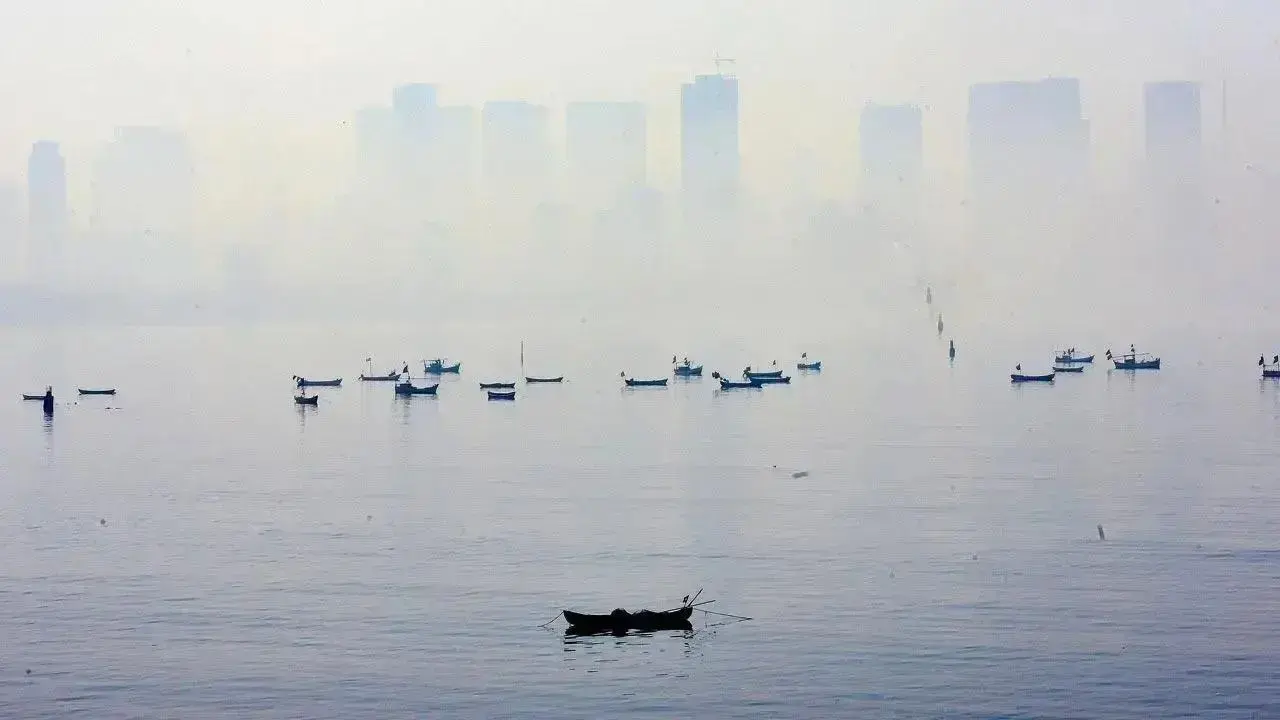The city is expected to experience partly cloudy skies on Thursday, with a possibility of light rain over Mumbai and its suburbs, according to the Mumbai weather updates.
The IMD`s Santacruz observatory recorded a maximum temperature of 32.2 degrees Celsius and a minimum of 23.9 degrees Celsius on Thursday. Meanwhile, the Colaba observatory reported a high of 30.8 degrees Celsius and a low of 25 degrees Celsius, as per the latest Mumbai weather updates.
High tide is expected at 12:45 pm with a height of 4.44 metres, followed by another high tide at 1:43 am on Friday, measuring 4.85 metres. Low tide will occur at 7:00 pm today at 0.01 metres, while the next low tide is scheduled for 7:29 am on Friday, with a height of 1.25 metres.
Between 8:00 am on October 8 and 8:00 am on October 9, the recorded rainfall was 0.01 mm in the city, while the eastern and western suburbs received no rain.
Light rainfall activity is likely to continue intermittently through the day, with generally pleasant weather conditions prevailing across Mumbai.
Meanwhile, the water levels in lakes supplying drinking water to Mumbai have risen following heavy rainfall in their catchment areas. According to Brihanmumbai Municipal Corporation (BMC) data, the combined stock in the seven reservoirs that provide water to the city now stands at 98.92 per cent.
As per the BMC on Thursday (October 9), the collective water stock in these reservoirs is 14,31,275 million litres, which amounts to 98.92 per cent of their total capacity.
The BMC supplies drinking water daily from Upper Vaitarna, Modak Sagar, Tansa, Middle Vaitarna, Bhatsa, Vehar, and Tulsi lakes.
Of these, Tansa has 98.04 per cent water stock, Modak Sagar 97.87 per cent, Middle Vaitarna 99.23 per cent, Upper Vaitarna 100 per cent, Bhatsa 98.81 per cent, Vehar 100 per cent and Tulsi 99.25 per cent.
Lower (Modak Sagar), Middle and Upper Vaitarna lakes, along with Tansa, supply water to the western suburbs from Dahisar Check Naka to Bandra and to the western parts of the city from Mahim to Malabar Hill.
Bhatsa, Vehar, and Tulsi together form the Bhatsa system. Water from this system is treated at the Panjarpur Water Treatment Plant and distributed to the eastern parts of Mumbai, covering the eastern suburbs from Mulund Check Naka to Sion and further to Mazgaon.







